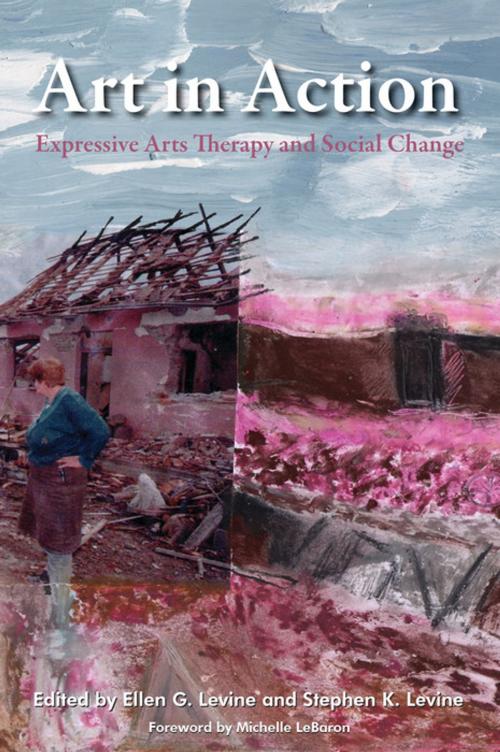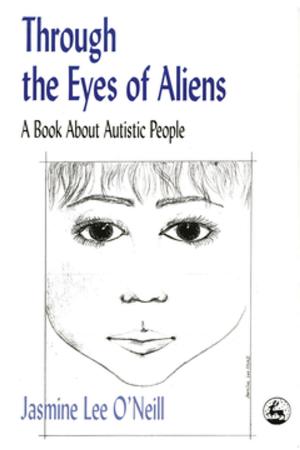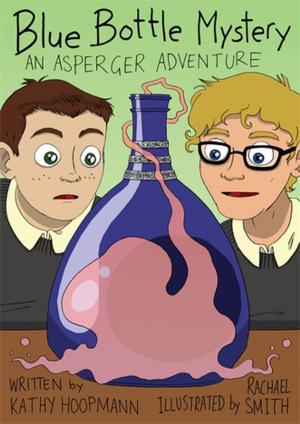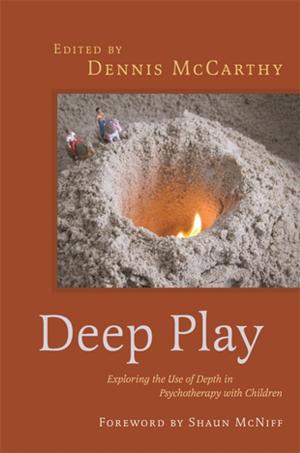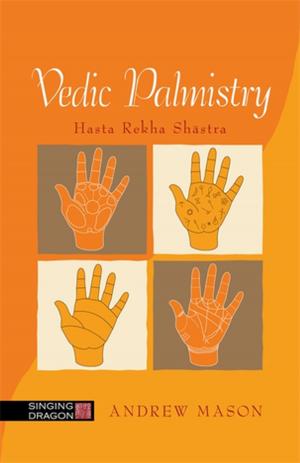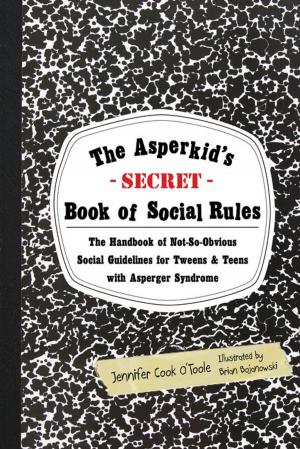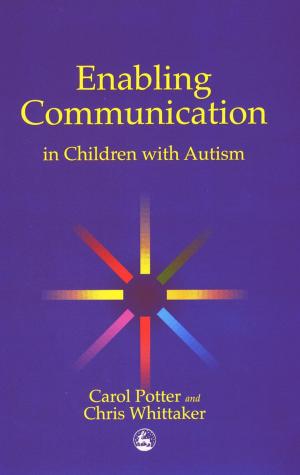Art in Action
Expressive Arts Therapy and Social Change
Nonfiction, Health & Well Being, Medical, Allied Health Services, Occupational Therapy, Social & Cultural Studies, Social Science, Sociology| Author: | Judith Alalu, Jose Miguel Calderon, Ximena Maurial, Sally Atkins, Gloria Simoneaux, Karen Abbs, Debra L. Kalmanowitz, Dr Ephrat Huss, Carrie MacLeod, Bobby Lloyd, Martin Zavala, Monica Prado, Shaun McNiff, Paolo J. Knill, Karen Estrella, Shanee Stepakoff, Samer Hussein, Mariam Al-Salahat, Insherah Musa, Moath Asfoor, Eman Al-Houdali, Maysa Al-Hmouz, Vivien Marcow-Speiser, Samuel Schwartz | ISBN: | 9780857002709 |
| Publisher: | Jessica Kingsley Publishers | Publication: | August 15, 2011 |
| Imprint: | Jessica Kingsley Publishers | Language: | English |
| Author: | Judith Alalu, Jose Miguel Calderon, Ximena Maurial, Sally Atkins, Gloria Simoneaux, Karen Abbs, Debra L. Kalmanowitz, Dr Ephrat Huss, Carrie MacLeod, Bobby Lloyd, Martin Zavala, Monica Prado, Shaun McNiff, Paolo J. Knill, Karen Estrella, Shanee Stepakoff, Samer Hussein, Mariam Al-Salahat, Insherah Musa, Moath Asfoor, Eman Al-Houdali, Maysa Al-Hmouz, Vivien Marcow-Speiser, Samuel Schwartz |
| ISBN: | 9780857002709 |
| Publisher: | Jessica Kingsley Publishers |
| Publication: | August 15, 2011 |
| Imprint: | Jessica Kingsley Publishers |
| Language: | English |
The field of expressive arts is closely tied to the work of therapeutic change. As well as being beneficial for the individual or small group, expressive arts therapy has the potential for a much wider impact, to inspire social action and bring about social change.
The book's contributors explore the transformative power of the arts therapies in areas stricken by conflict, political unrest, poverty or natural disaster and discuss how and why expressive arts works. They look at the ways it can be used to engage community consciousness and improve social conditions whilst taking into account the issues that arise within different contexts and populations. Leading expressive arts therapy practitioners give inspiring accounts of their work, from using poetry as a tool in trauma intervention with Iraqi survivors of war and torture, to setting up storytelling workshops to aid the integration of Ethiopian Jewish immigrants in Israel.
Offering visionary perspectives on the role of the arts in inspiring change at the community or social level, this is essential reading for students and practitioners of creative and expressive arts therapies, as well as psychotherapists, counsellors, artists and others working to effect social change.
The field of expressive arts is closely tied to the work of therapeutic change. As well as being beneficial for the individual or small group, expressive arts therapy has the potential for a much wider impact, to inspire social action and bring about social change.
The book's contributors explore the transformative power of the arts therapies in areas stricken by conflict, political unrest, poverty or natural disaster and discuss how and why expressive arts works. They look at the ways it can be used to engage community consciousness and improve social conditions whilst taking into account the issues that arise within different contexts and populations. Leading expressive arts therapy practitioners give inspiring accounts of their work, from using poetry as a tool in trauma intervention with Iraqi survivors of war and torture, to setting up storytelling workshops to aid the integration of Ethiopian Jewish immigrants in Israel.
Offering visionary perspectives on the role of the arts in inspiring change at the community or social level, this is essential reading for students and practitioners of creative and expressive arts therapies, as well as psychotherapists, counsellors, artists and others working to effect social change.
